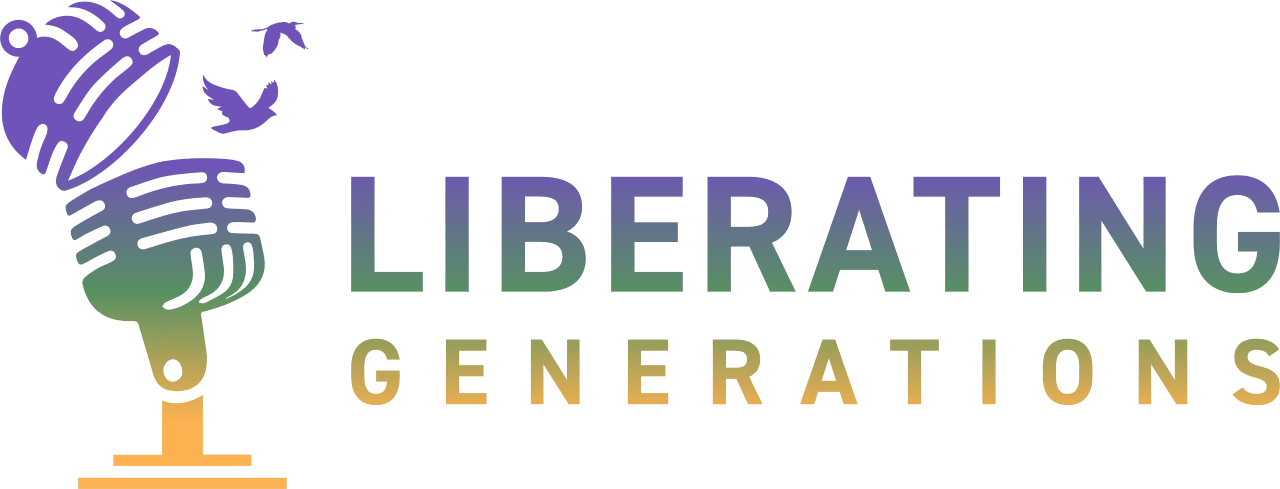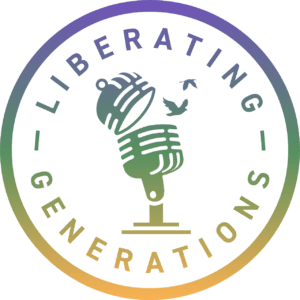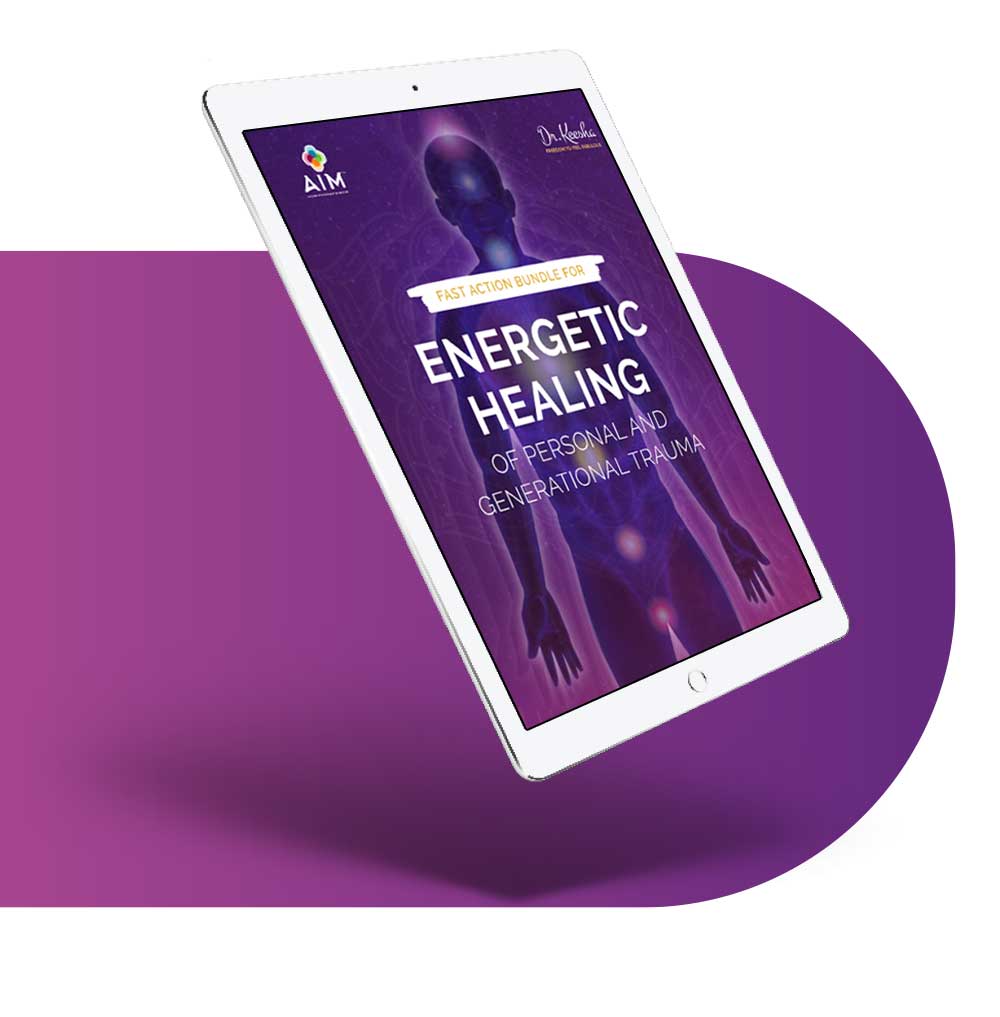

Tune in to the Liberating Generations Podcast with Dr. Keesha Ewers and Regan Claire.
Do You Carry the Effects of Intergenerational Trauma?
Everyone has experienced trauma in some form. I often talk about trauma as capital “T” TRAUMA and lower case “t” trauma. Capital “T” TRAUMA can be classified as the kind of trauma that might spring to mind when you hear the word trauma: Sexual abuse, domestic violence (experienced by you or witnessed by you as a close family member is victimized), psychological abuse, emotional abuse, spiritual abuse, having a caregiver who is mentally ill or addicted to a substance or incarcerated, or if you as a child experienced the effects of divorce, death, or neglect or abandonment.
Lower case “t” trauma is any experience you have that you perceive as betrayal, rejection, or a lack of nourishment on physical, emotional, mental, or spiritual levels. We have all had experiences that fall into this category. Childhood is a jungle of opportunities for the joy of exploration, wonder and awe and it’s also a time where wounding happens in ways that our undeveloped brains and untrained minds don’t yet know how to deal with.
Understanding Intergenerational Trauma
Intergenerational trauma can affect relationships with family members and romantic partners, your sense of worth, communication style, passion and purpose, parenting patterns, mental and physical health and genetic expression. The good news…like all trauma, intergenerational trauma can also be healed.
Common Signs and Symptoms of Intergenerational Trauma
- A sense of detachment from your feelings and your body. This can also be called dissociation or depersonalization.
- Difficulty expressing or feeing your emotions.
- Difficulty forming strong bonds within relationships with romantic partners or connecting with acquaintances and friends.
- An urge to withdraw or isolate under stress.
- Low self-worth and quick to feel guilt or shame.
- Difficulty establishing a sense of self and personal identity.
- Low emotional resilience and trouble regulating self.
- Avoidance of certain persons, places, or experiences.
- Addiction to substances to manage emotions or moods.
- Automatic intrusive thoughts.
- A felt sense of vulnerability.
- Bad dreams and trouble staying asleep.
- Feelings of depression and anxiety.
- Over reaction to stressful events.
- A diminished sense of safety and security in life.
- Thoughts of death and dying or suicide. Call 1-800-273-8255 to reach the National Suicide Prevention Lifeline.


Listen as Dr. Keesha Ewers and Regan Claire discuss the effects of intergenerational trauma, explore tools and tips for healing, and speak with experts from around the world in disciplines of science and spirit, philosophy, and more.
© 2023 Dr. Keesha Ewers
